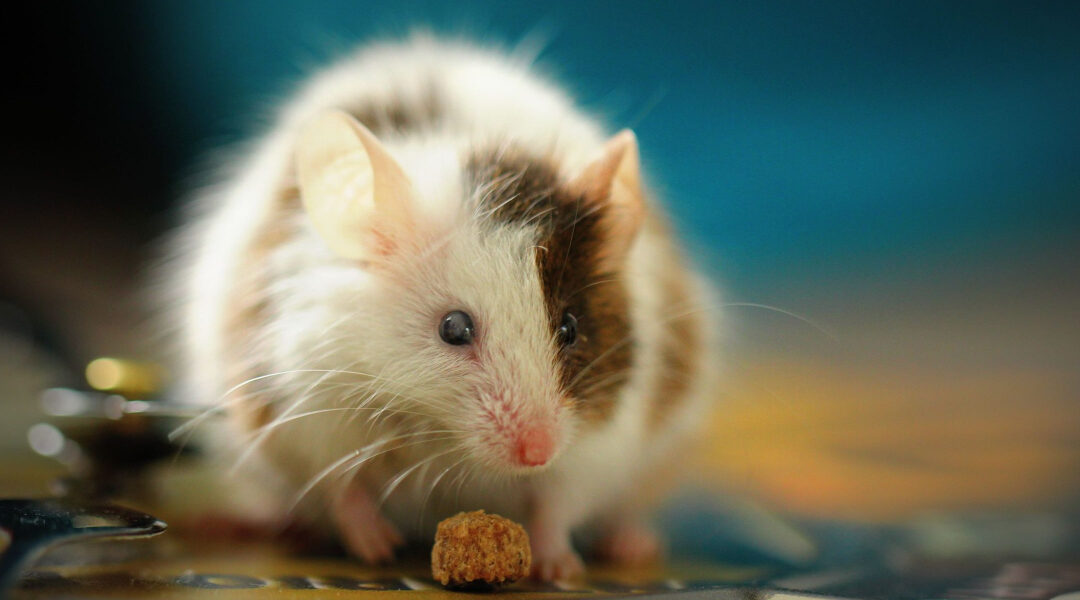In the quest to unlock the secrets of aging, scientists have stumbled upon a remarkable discovery that holds the promise of rejuvenating memory in aging mice. This groundbreaking research revolves around the intriguing role of klotho proteins, offering a glimmer of hope for potential applications in improving cognitive health in humans as they age.
Memory decline is a common and often distressing aspect of aging. As we grow older, our ability to remember things, from everyday tasks to cherished memories, can gradually fade. This cognitive decline has long been a subject of scientific interest, and the recent study on klotho proteins offers a new perspective on how to combat it.
Klotho proteins, named after the Greek Fate who spins the thread of life, are naturally occurring substances in the body. They have gained prominence in recent years for their potential anti-aging properties, with links to various aspects of health, including kidney function and cardiovascular health.
The study, featured in the scientific journal Nature, delved into the role of klotho proteins in memory preservation. Researchers conducted experiments on aging mice, a common model for studying the effects of aging on cognitive function. The results were nothing short of astonishing.
In the study, researchers increased the levels of klotho proteins in the brains of aging mice. The outcome was a remarkable improvement in memory and cognitive abilities. The mice displayed a rejuvenation of memory, outperforming their untreated counterparts in memory-related tasks.
The implications of this discovery are profound. While the study’s findings are limited to mice, they open the door to a realm of possibilities for addressing age-related memory decline in humans. Could klotho proteins hold the key to preserving and even enhancing memory as we age?
Klotho proteins are known for their anti-inflammatory properties and their role in maintaining kidney function. In the context of memory preservation, their anti-inflammatory effects are particularly intriguing. Chronic inflammation is believed to play a significant role in cognitive decline, and klotho proteins’ ability to mitigate inflammation could be a game-changer in the field of cognitive health.
Furthermore, klotho proteins have been associated with cardiovascular health. A healthy cardiovascular system ensures that the brain receives an adequate supply of oxygen and nutrients, which are essential for optimal cognitive function. By promoting cardiovascular well-being, klotho proteins indirectly support cognitive health.
The study’s findings also raise questions about potential interventions to increase klotho protein levels in the human brain. While such interventions are in the early stages of research, they hold great promise for the future of cognitive health.
In addition to memory preservation, klotho proteins may have broader implications for overall brain health. Neurodegenerative conditions like Alzheimer’s disease, which are characterized by cognitive decline, may benefit from further exploration of the role of these proteins in preventing or delaying their onset.
However, it’s essential to note that the research is still in its infancy, and much work lies ahead to translate these findings from mice to humans. The complexities of the human brain present unique challenges, but the potential rewards are immeasurable.
In conclusion, the study on klotho proteins and memory preservation in aging mice offers a glimpse into a future where cognitive decline may no longer be an inevitable consequence of aging. These proteins, with their anti-inflammatory and health-promoting properties, hold the promise of rejuvenating memory and cognitive abilities in aging individuals.
While there is much more to learn and explore in this field, the discovery of klotho proteins as potential memory enhancers is a beacon of hope for those concerned about cognitive aging. As scientists continue to unravel the mysteries of these proteins, we may be one step closer to preserving the precious memories that make us who we are, even as we journey through the passage of time.

